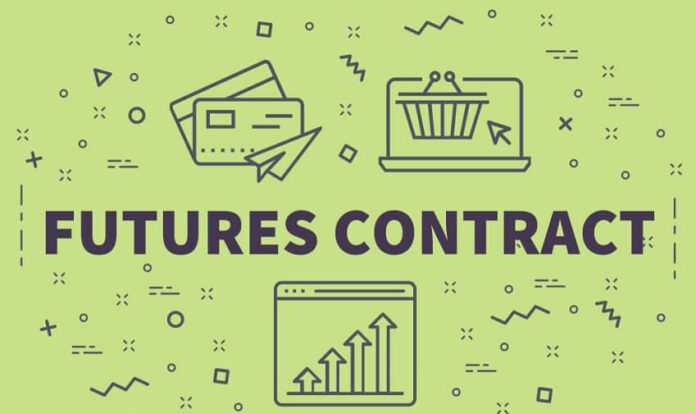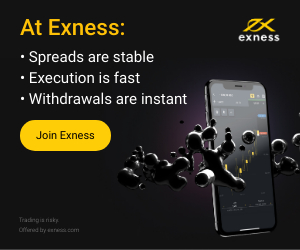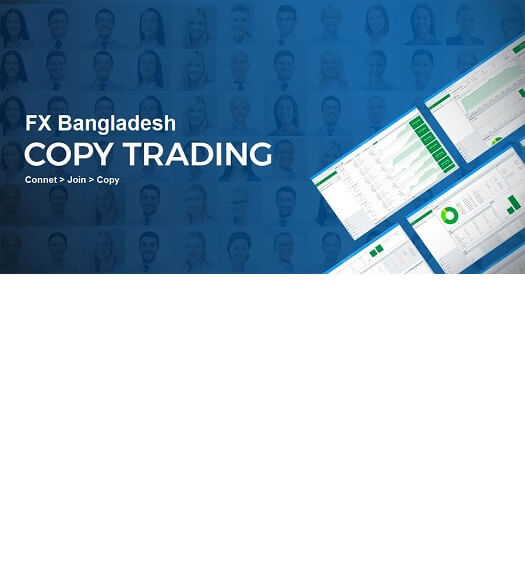Futures contracts often referred to as futures, are agreements that bind traders to buy or sell assets in the future at a specific price and date.
These financial instruments are frequently used by both hedgers and speculators as a way to potentially anticipate future price movements, either for hedging against risks or for making profits.
A futures contract specifies the number of units of an asset that will be bought or sold, as well as the price and the time at which the asset will “change hands.”
The settlement of the contract occurs when it reaches its expiration date, at which point whoever holds the futures is obligated to buy or sell the underlying asset for the agreed-upon price.
Although futures can be held until they expire, many speculators and traders prefer to buy and sell the contracts on the open market prior to their expiration. After taking a futures contract position, there are three main actions that futures traders can use for exiting their positions.
The first and most common one is offsetting, which refers to the act of closing a position by creating another of equal value and size.
The second common alternative is known as rollover. Futures traders may decide to roll over (extend) their position before the contract is over.
To do so, they first offset their position and then open a new batch of futures contracts of the same size, but with a different expiration date (further in the future).
The third option is to just wait for the expiration date and contract settlement. At settlement, all parties involved are legally obligated to exchange their assets (or cash) according to their futures contract position.
While futures contracts are a type of derivative, they differ from other familiar derivatives such as options and forwards.
Options give a trader the choice to buy an asset at a specific time, but do not require that they actually do so, while execution is a requirement in a futures contract.
Forward contracts are very similar to futures contracts but are typically informal or private agreements made between two parties, rather than contracts traded through a formal exchange.
In addition, forward contracts tend to offer traders more flexibility when it comes to customizing terms, while futures contracts are standardized and more restrictive.
Several different types of assets can be traded using futures contracts, such as fiat currencies, stocks, indexes, government-issued debt instruments, and cryptocurrencies.
Oil, precious metals, agricultural goods, and other commodities are also traded through the use of futures contracts.
Beyond the various underlying assets that futures can be based on, there are also two different ways for the contracts to be settled. In physical settlements, the underlying asset is physically delivered to the party who has agreed to buy it.
Cash settlements, by contrast, do not involve the direct transfer of the asset.
Just as with most trading instruments, futures traders often use technical analysis indicators along with fundamental analysis to get further insights about the price action of futures contracts markets.
If you liked this article, then please subscribe to our Newsletter Services for Forex Related updates. You can also find us on Facebook and can subscribe to our YouTube channel. You can also join our Telegram Channel for real-time trading analysis and discussion. Here is our service sitemap. If you have any confusion please leave your comments below.




























